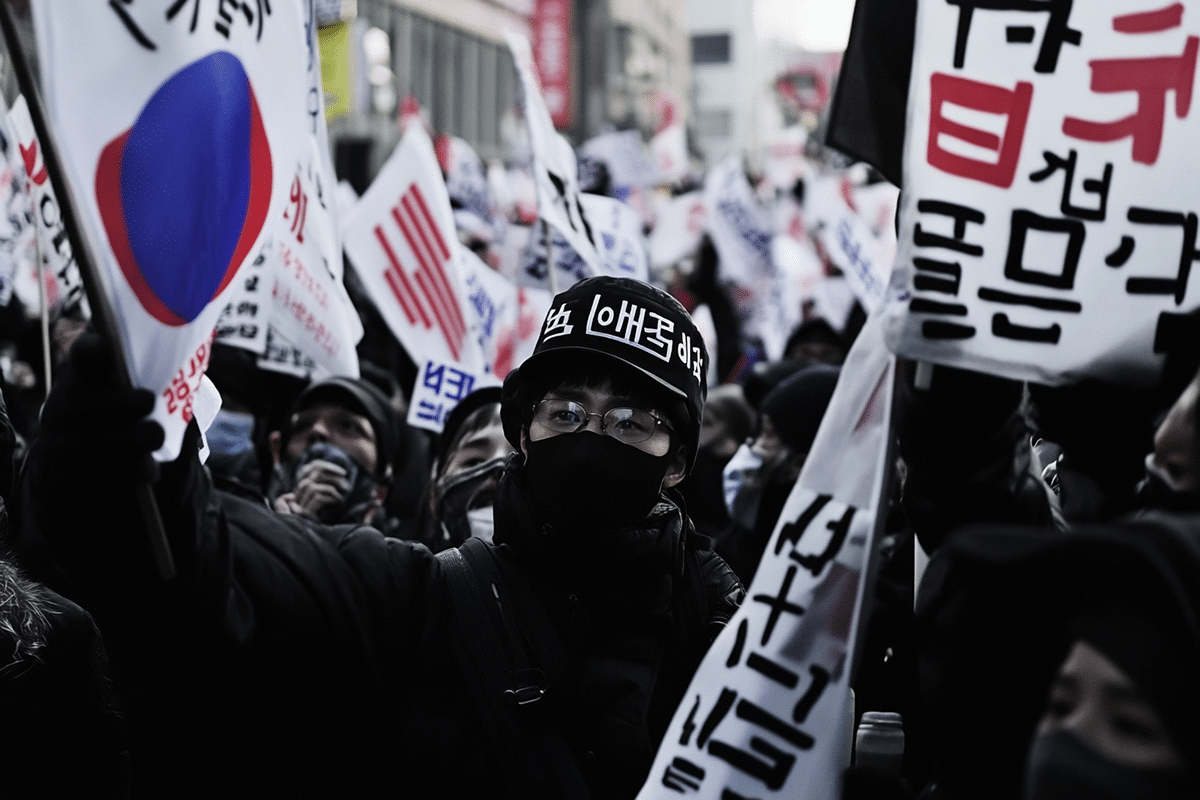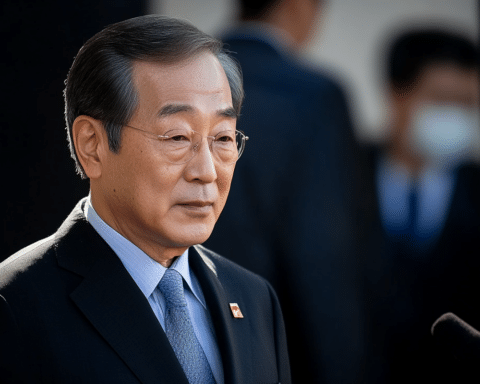South Korea’s political landscape remains in turmoil as the country’s anti-corruption agency and police continue to debate more forceful measures to detain impeached President Yoon Suk Yeol. Tensions escalated after a previous attempt to arrest him was blocked by the presidential security service last week, highlighting the challenges in executing detention warrants against the embattled leader.
Yoon’s impeachment on December 14 was a direct consequence of his controversial Dec. 3 martial law decree, which set off a wave of political and social unrest. The decree, aimed at countering opposition interference with his governance, led to widespread protests and criticism. Although martial law lasted only a few hours, it exposed the vulnerabilities within South Korea’s political system and raised questions about the strength of its democratic institutions.
Following Yoon’s impeachment, the Corruption Investigation Office for High-Ranking Officials, responsible for leading the investigation, issued a detention warrant for Yoon. Along with it, a separate warrant was issued to search his residence. However, these efforts have faced significant roadblocks. The presidential security service, tasked with safeguarding Yoon’s official residence, prevented the authorities from executing the warrants, leaving investigators with few options for pursuing the detention.
With the initial detention warrant set to expire, the anti-corruption agency sought a new court warrant to extend the timeframe for detaining Yoon. However, the complexities surrounding his residence and the presidential security service’s role have continued to stall efforts. The agency and police remain in discussions over how best to proceed with detaining Yoon and enforcing the legal orders.
As of now, the situation remains unresolved. The presidential security service’s resistance to the detainment process has led police to consider more aggressive tactics. These measures include potentially arresting members of the security staff who obstruct efforts to take Yoon into custody. Police are reportedly reviewing the possibility of deploying special task forces to help secure the operation. Despite these plans, the authorities continue to face significant legal and logistical hurdles.
In an attempt to regain control of the situation, the Corruption Investigation Office asked the police to take over the responsibility of detaining Yoon. However, the police quickly expressed concerns about the legal ramifications of assuming full responsibility for the detainment, given that the warrants were issued by the anti-corruption agency. The agency later clarified that the detention effort would still be carried out under the authority of the joint investigation team, but the specifics of how this would unfold remain unclear.
At the same time, the anti-corruption agency urged Deputy Prime Minister Choi Sang-mok, the country’s acting leader, to instruct the presidential security service to comply with the detainment warrant. Choi, however, has yet to comment publicly on the matter.
Yoon’s legal team has mounted a fierce defense, filing multiple complaints against the anti-corruption agency’s chief prosecutor and police officers involved in the detainment attempt. They have accused the authorities of illegal conduct in their efforts to arrest the president. Yoon’s lawyers also filed complaints against key figures, including the acting national police chief and the acting defense minister, for disregarding the security service’s request to provide additional forces to block the detainment. They are also expected to pursue legal action against approximately 150 anti-corruption and police investigators involved in Friday’s failed attempt.
The legal battle surrounding Yoon’s detention is complicated further by his lawyers’ arguments that the warrants cannot be enforced at his residence due to laws protecting military-related locations from searches without the consent of the person in charge, in this case, Yoon. Furthermore, his legal team argues that the anti-corruption agency lacks the legal authority to investigate rebellion charges or assign such duties to the police.
As the investigation continues, South Korea’s democracy and political stability hang in the balance. The Constitutional Court is now tasked with determining whether Yoon will be formally removed from office or reinstated.The court’s ruling could have significant consequences for the future of South Korea’s government and its continued challenges with political polarization.
For now, the country watches as the drama unfolds, with the outcome uncertain and the tension palpable. The investigation into Yoon’s actions is likely to continue for weeks, if not months, as both sides prepare for a high-stakes legal and political showdown.





